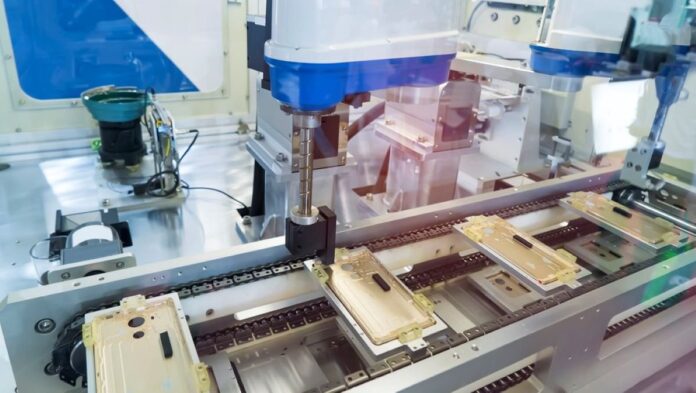ISLAMABAD: The Pakistan Mobile Phone Manufacturers Association (PMPMA) has called on the Federal Board of Revenue (FBR) to honor the commitments made by the government to investors and refrain from increasing the tariff structures for mobile phones.
In a recent meeting with the FBR, the PMPMA delegation expressed concerns that increasing tariffs would not only disrupt the localization schedule but also negatively impact the export targets for mobile phones from Pakistan.
The delegation highlighted that implementing an 18 percent sales tax on all mobile phones assembled in the country would deal a serious blow to the industry. Under the Mobile Device Manufacturing Policy 2020, phone sets priced up to $350 are exempt from the 18 percent sales tax, while sets above this price range are subject to the full sales tax. The Association noted that the majority of local companies assemble phone sets within this price range, which accounts for around 55 percent of smartphones used in the country.
Mian Abdul Rehman, chairman of PMPMA, speaking to the media on Wednesday, stated that about 40 percent of phone sets in the country are still feature phones, and there is a need to expand smartphone usage to around 80 percent. “We have asked the authorities to consider that this industry is still in its basic stage. Soon after the policy was launched, the world economy was hit by COVID-19, followed by an LC crisis in Pakistan,” Mr. Rehman said. “The sales tax exemption on locally assembled sets should be maintained; otherwise, the price of sets will rise significantly, leading to an increase in the grey market for mobile phones.”
He added that Pakistan needs to move towards achieving 80-90 percent smartphone usage, as it helps generate employment and earning opportunities.
PMPMA senior member Zeeshan Miannoor emphasized that Pakistan needs conducive policies to promote local assembly of phones on a large scale to support exports. “Pakistan needs to streamline the tariff structures to support the import of spare parts and raw materials, but the current structure benefits the import of completely built units (CBUs),” Mian Abdul Rehman stated.
He added that localization is suffering because there is a 50 percent tax rate on the import of raw materials such as cables and coils, whereas the import of finished accessories including chargers, hands-free devices, and Bluetooth devices are at zero tax rate. “The raw material imports should be zero-rated while the complete products need to be taxed,” Miannoor added.




